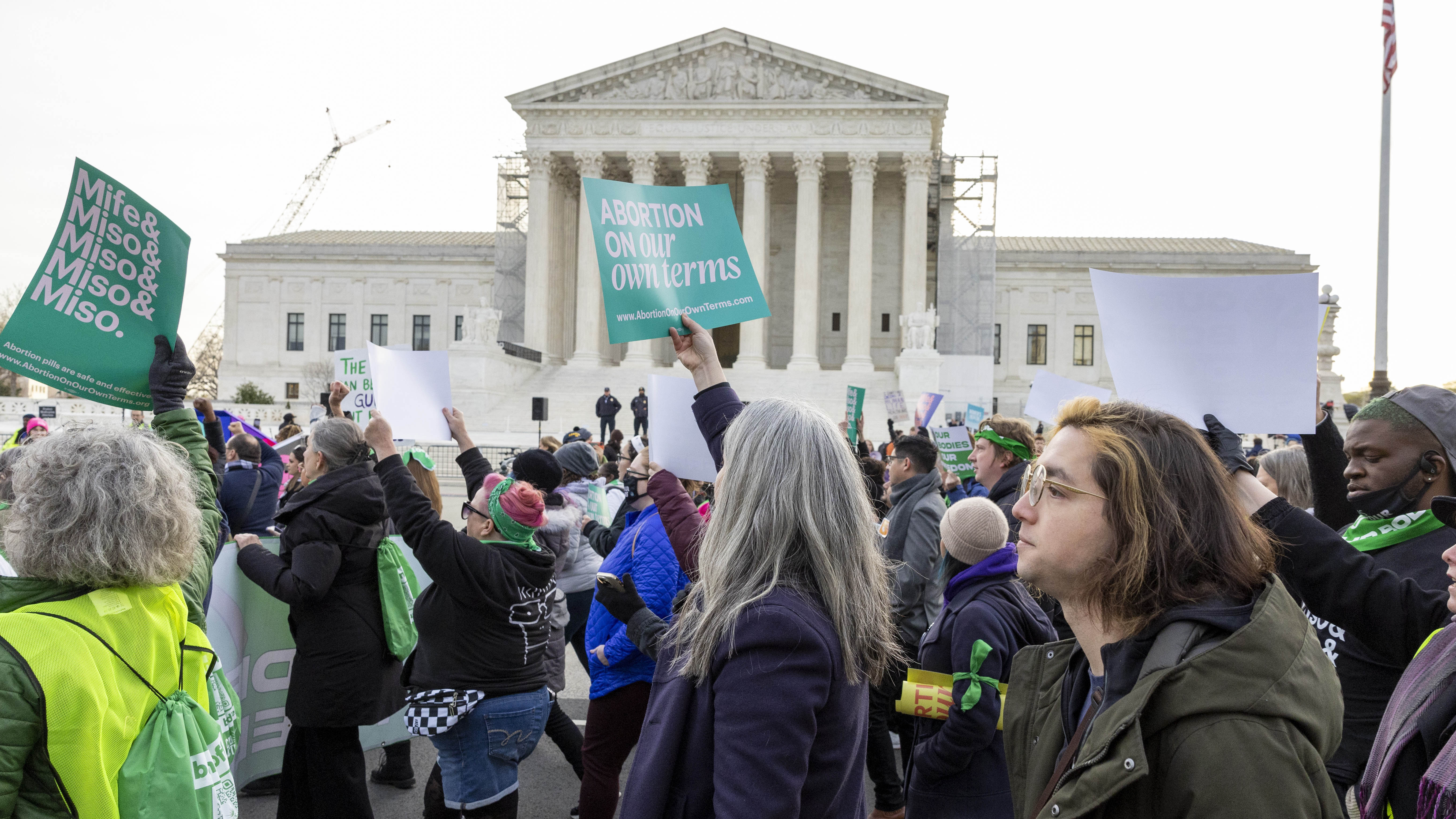It’s been a rough week for environmental activists.
Since taking over on Jan. 20, some of President Donald Trump's earliest moves have targeted environmental issues.
Mirroring his transition site, which did not include information about the incoming administration's environmental policy, the White House homepage has now removed any mention of climate change.
Along with a federal hiring freeze that excluded only national security, public safety and military positions, on Monday Trump issued a directive requiring the Environmental Protection Agency to freeze all contracts and grants. On Tuesday, he signed memorandums urging officials to green light construction of the Keystone XL and Dakota Access pipelines, reversing President Obama’s decisions.
"He has confirmed our worst fears that he is going to be a president who equates corporate profits with public interests," said Lena Moffitt, director of the Sierra Club's Beyond Dirty Fuels. "And at the same time, he is doubling down on these dirty energy technologies of the past that are going to take our country in exactly the wrong direction."
Trump ran on a pro-pipeline platform, and Tuesday's executive actions didn't come as a surprise. But they were a significant blow to protesters who won an unprecedented victory when Obama pulled his support from the Dakota Access Pipeline in December.
Environmental and indigenous activists made headlines last year when they braved the North Dakota cold to impede the construction of the Dakota Access Pipeline and to preserve tribal lands and clean local water. When Obama had the Army Corps of Engineers conduct a more in-depth analysis of the pipeline plans, many people assumed the process would take up to a year.
U.S. & World
Now that Trump has asked the Army Corps to hurry its investigation, Jan Hasselman, lawyer for the Standing Rock Sioux government, worries that they will issue an easement. He called Trump’s action "an arbitrary and unlawful reversal of the former administration's approach."
"I don't think that this memorandum actually changes the legal playing field until the army makes a new decision. So when and if they issue an easement, that's when any litigation would proceed," he added.
Dave Archambault II, chairman of the Standing Rock Sioux, told NBC News that "the Trump administration's politically motivated decision violates the law and the Tribe will take legal action to fight it."
"We are not opposed to energy independence," Archambault said. "We are opposed to reckless and politically motivated development projects, like DAPL, that ignore our treaty rights and risk our water. Creating a second Flint does not make America great again."
Obama also rejected TransCanada's Keystone XL Pipeline in 2015, saying that the U.S. role as a vanguard in environmental conservation would be in peril.
In a statement on Tuesday, TransCanada wrote, "We appreciate the President of the United States inviting us to re-apply for KXL. We are currently preparing the application and intend to do so."
Trump hailed the Keystone project during a late October campaign swing through Florida, the Associated Press reported, saying, "We're going to approve energy infrastructure projects like the Keystone pipeline and many more." He said it could provide "a lot of jobs, a lot of good things."
Trump signalled the direction he would take on environmental policy soon after his election. In November, he chose Myron Ebell to lead the EPA transition team, and environmental activists anticipated an uphill battle. Ebell's libertarian advocacy group Competitive Enterprise Institute has filed a lawsuit against the EPA over the Clean Power Plan. Trump then nominated Oklahoma attorney general Scott Pruitt as head of the EPA, a known climate change skeptic. During his confirmation, Pruitt acknowledged that weather patterns are in flux but questioned how much human action contributes to the problem.
When the Trump administration took down President Barack Obama's environmental policy page on the White House website hours after his inauguration, people around the world noticed, including actress Jennifer Lawrence from a movie set in Budapest.
"Do not give this administration a 'chance' to do the terrible things it wants to do," Lawrence wrote in a Facebook post on Saturday. "LGBT and environmental information has already been removed from the White House website."
Abigail Dillen, Earthjustice's vice president of litigation for climate & energy, called the online move symbolic. She said that "taking down useful and important information on climate change is a huge disgrace," and "it's obviously not a good sign to be trying to erase the presence of climate change on our federal websites."
By targeting the EPA, which has been key to America's clean air and water, Dillen said, "the president is putting all of our lives in danger." She criticized the gag order that Trump has imposed on national offices, including the EPA.
Dillen holds hope that millions of Americans who believe in environmental justice will speak out against Trump's reforms. "I think these attacks on clean air, and clean water, and climate protection are going to prove very unpopular because people can fight back, and they will fight back, and we'll be right there with them in the courts," she said.
She added that "one thing that is central to our democracy is that no one is above the law, including the president."
Moffitt echoed the optimism, citing last weekend's women's marches around the globe as the beginning of a mass resistance to Trump's policies.
"Just looking at what happened on Saturday, with millions of Americans turning out to say no to the Trump agenda," she said, "I think what Trump has done today with this announcement (of support for the pipelines) is really foment a movement that’s going to resist his agenda."
Moffitt said that Sierra Club chapters around the country will work with locals to protest violations of environmental justice and collaborate with regional officials to inhibit destructive changes to environmental policy.
"We need people to be engaged and to participate in the process, because we can’t afford to let Trump succeed with his agenda," she said.



